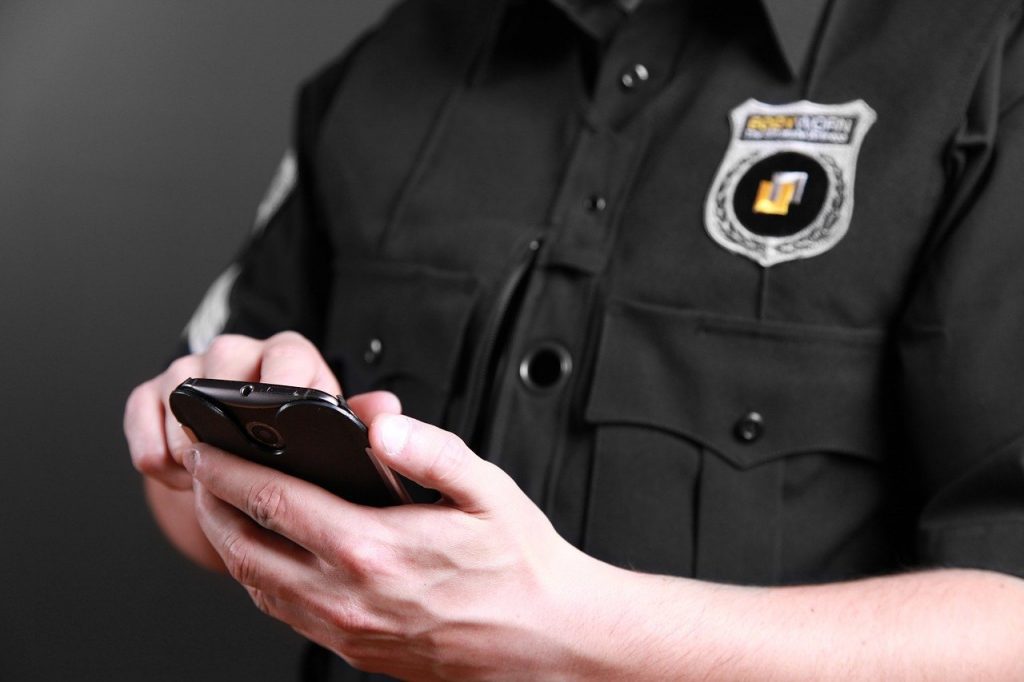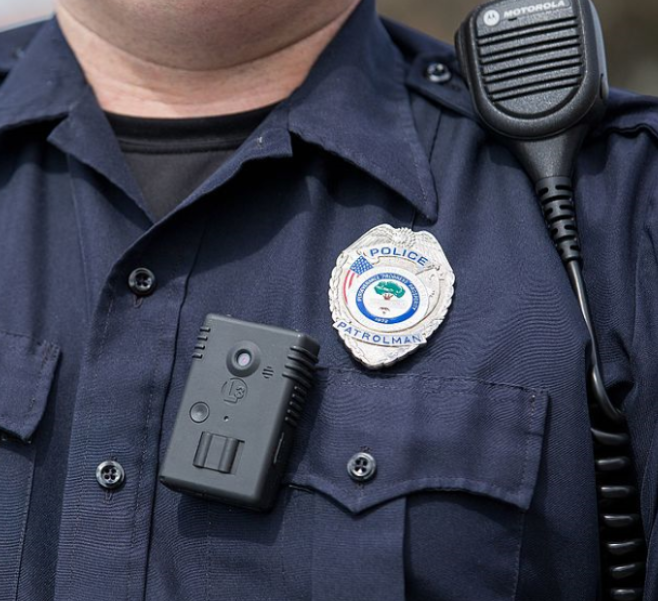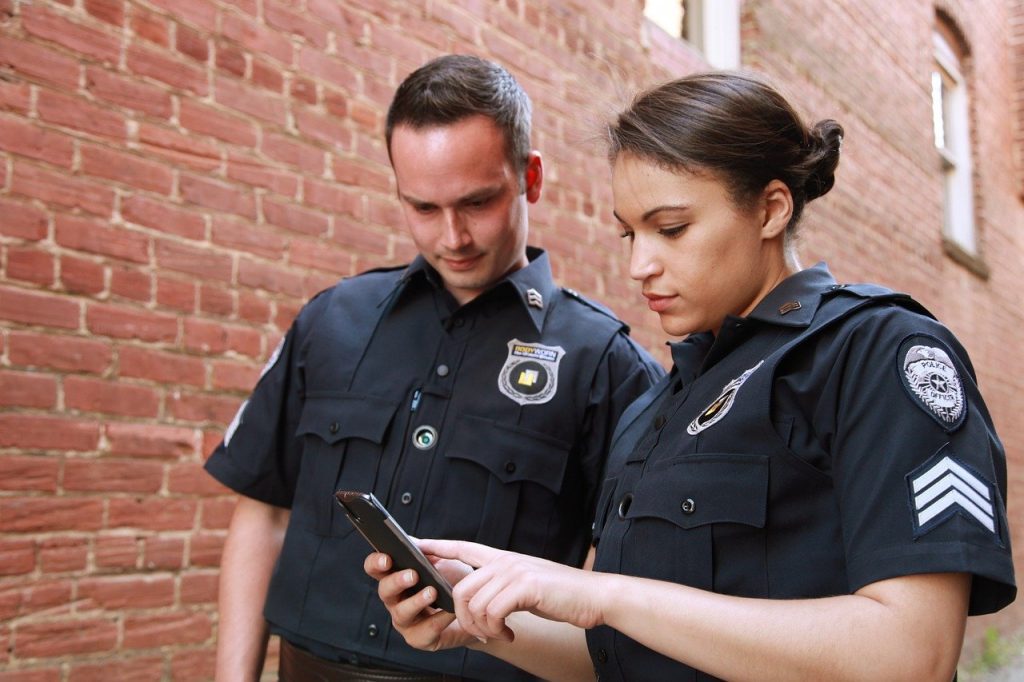In 2020, the push for police accountability has led to the introduction of body cameras for use on law enforcement. This would offer video footage that could either confirm or disprove any accusations of misconduct. It would also improve transparency between law enforcement officers and the people they protect.
However, there have been a number of concerns that the use of body cameras have created. Though they seem like a simple solution, they bring up the questions:
- Would body cameras align or change the call to defund the police?
- Could the introduction of body cameras affect how an officer approaches a situation?
- Should law enforcement be allowed to shut off their cameras in sensitive or personal situations?

Do Body Cameras Address The Call To Defund The Police?
In 2020, Prime Minister Justin Trudeau pledged to work with provincial governments to implement body cameras. Across Ontario, $34.1 million was committed to a 5 year plan for body cameras.
To many, body cameras are a valid proposition. Rather than completely defunding the police, officers are monitored and have an unbiased account of their actions each day. When compared to the average budget of the Toronto Police, the $34.1 million is a small investment. For others, though, the idea of body cameras is a costly way of ignoring the call to reduce police spending. This spending is especially put into question considering many studies call for more research on the effectiveness of body cameras.
Does A Body Camera Provide A Full Perspective?
Though video footage offers an unbiased perspective, there is the question of how much of a perspective cameras offer. While a camera can record a situation, it can only see a situation from one viewpoint. In studies, this perspective bias can affect how viewers of the footage understand the situation. This is caused by a variety of factors, such as:
- Viewers can see the actions and expressions of the subject, but not the officer.
- By being “in the shoes” of the officer, viewers are more likely to empathize with any actions an officer makes, just or unjust.
- Perspective is affected and could lead viewers to misinterpret distance between the officer and subject.
All of these factors call into question the practicality of body cameras, and if they are worth the investment.

Should Officers Be Able To Turn Off Their Body Cameras?
The basic intention of a body camera is to capture footage of anything an officer is involved in. While this would add context to most situations, other situations may not be appropriate for a camera. This elects the question of if an officer should have the ability to temporarily turn their camera off. In Ontario, for instance, officers have been given the right to do so.
While turning off a camera without reason would result in temporary suspension, some provinces have outlined situations to allow this. The main purpose of this is to prevent the recording of inappropriate situations such as those including:
- Children
- Undressed or inappropriately dressed people,
- Sensitive situations
- When a subject specifically requests not to be recorded.

In addition to the suspension, officers would be docked a day’s pay, with their supervisor being docked two days pay. This calls into question the possibility of officers abusing this distinction, arguing that a normal situation is sensitive. Without a clear understanding of the situation, footage could still come second to an officer’s account of events.
Even if you are going to court for a criminal charge with body camera footage, make sure you have the right defense. Contact Canada Criminal Lawyer today to find a lawyer in your area that can defend you, or who can give you valuable legal advice.

